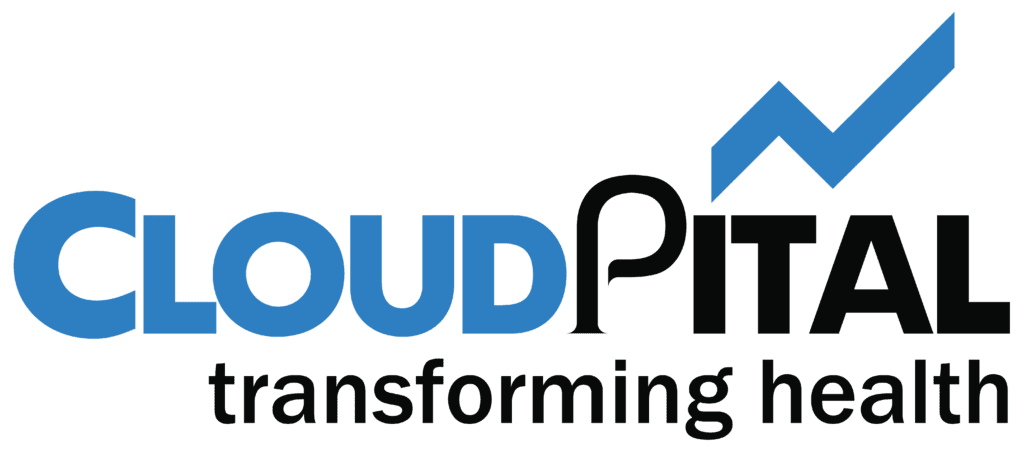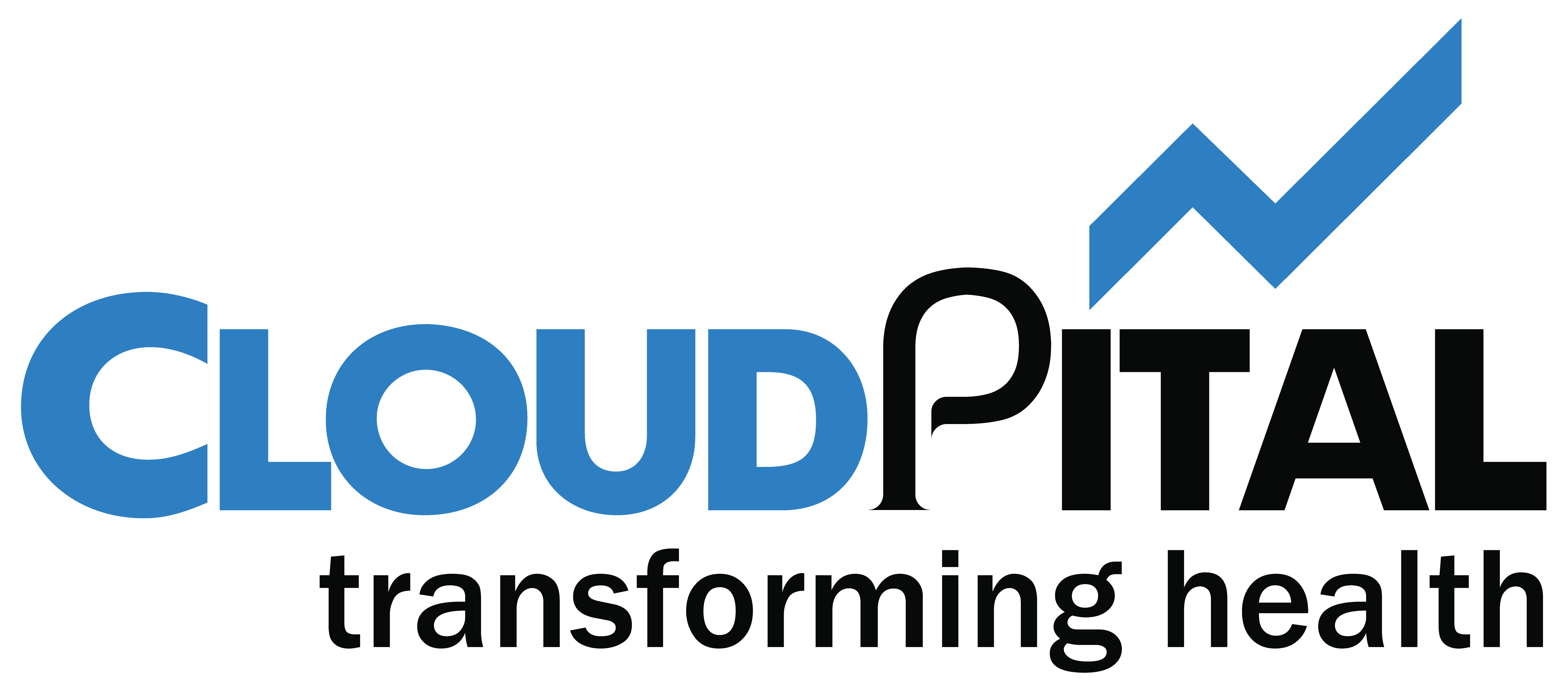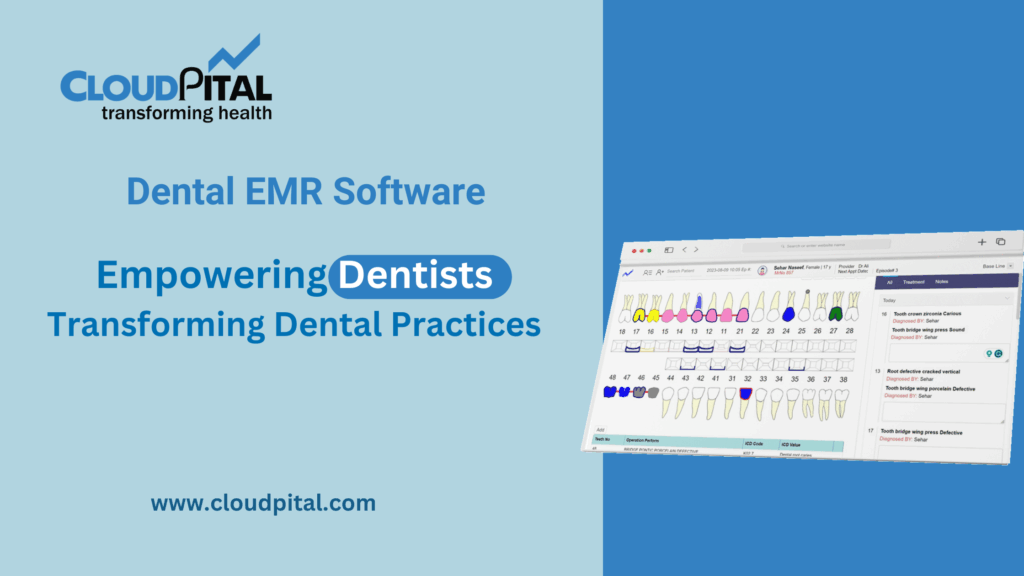Cloudpital # 1 is one of the top Medical Solutions in Saudi Arabia patient privacy is a critical concern in healthcare, especially with the increasing adoption of digital medical solutions. In Saudi Arabia, these issues are addressed through stringent regulations, advanced technological safeguards, and comprehensive strategies to protect sensitive health information. This article explores how medical solutions ensure data security and patient privacy in Saudi Arabia, highlighting regulatory frameworks, technological measures, and best practices.
Click to Start Whatsapp Chatbot with Sales
Mobile: +966547315697
Email: sales@cloudpital.com
Cloudpital # 1 Medical Solutions in Saudi Arabia

Regulatory Frameworks
Saudi Health Information Exchange (SeHE) Policies
The Medical Solutions in Saudi Arabia Information Exchange (SeHE) has established a set of policies and standards to ensure the secure exchange of health information. These policies mandate that healthcare providers implement robust security measures to protect patient data during transmission and storage. Compliance with SeHE policies is mandatory for all healthcare institutions, ensuring a standardized approach to data security across the country.
Personal Data Protection Law (PDPL)
Saudi Arabia’s Personal Data Protection Law (PDPL), which came into effect in March 2020, is a comprehensive legal framework that governs the collection, processing, and storage of personal data, including health information. The PDPL requires healthcare providers to obtain explicit consent from patients before collecting their data, implement measures to protect data from unauthorized access, and ensure data accuracy and integrity. Non-compliance with PDPL can result in significant penalties, reinforcing the importance of data protection.
National Cybersecurity Authority (NCA)
The National Cybersecurity Authority (NCA) of Saudi Arabia plays a crucial role in safeguarding the country’s cyber infrastructure, including healthcare systems. The NCA has developed a set of cybersecurity controls and guidelines that healthcare providers must adhere to. These controls include measures for protecting sensitive health information, such as encryption, access controls, and regular security assessments.
Technological Safeguards
Encryption
Encryption is a fundamental technology used to protect patient data in medical solutions. By converting data into a coded format that can only be deciphered with a key, encryption ensures that even if data is intercepted during transmission or accessed by unauthorized individuals, it remains unreadable. Medical solutions in Saudi Arabia use encryption to secure data both in transit and at rest, providing a robust layer of protection.
Access Controls
Implementing strict access controls is essential for safeguarding patient data. Medical Solutions in Saudi Arabia employ role-based access controls (RBAC) to ensure that only authorized personnel can access sensitive information. For example, a doctor may have access to a patient’s full medical history, while administrative staff might only have access to billing information. Multi-factor authentication (MFA) adds an additional layer of security by requiring users to verify their identity using multiple methods before accessing data.
Audit Trails
Audit trails are critical for monitoring and logging access to patient data. Medical solutions maintain detailed records of who accessed what information and when, allowing healthcare providers to track and investigate any unauthorized or suspicious activity. These logs are essential for identifying potential security breaches and ensuring accountability.
Secure Communication Channels
To protect data during transmission, medical solutions use secure communication protocols such as Secure Sockets Layer (SSL) and Transport Layer Security (TLS). These protocols establish encrypted connections between devices and servers, preventing data from being intercepted or tampered with during transmission.
Data Anonymization and De-identification
Data anonymization and de-identification techniques are employed to protect patient privacy, especially when data is used for research or shared with third parties. By removing or masking identifiable information, these techniques ensure that patient data cannot be traced back to individuals, reducing the risk of privacy breaches.

Best Practices for Data Security
Regular Security Assessments and Penetration Testing
Conducting regular security assessments and penetration testing is essential for identifying vulnerabilities in PMS in Saudi Arabia. These assessments simulate cyberattacks to test the resilience of security measures and uncover potential weaknesses. By proactively identifying and addressing vulnerabilities, healthcare providers can enhance their security posture and protect patient data.
Employee Training and Awareness Programs
Human error is a significant factor in data breaches, making employee training and awareness programs crucial for data security. Healthcare providers must educate their staff on best practices for data protection, including recognizing phishing attempts, creating strong passwords, and adhering to security protocols. Regular training sessions and updates on emerging threats can help ensure that employees remain vigilant and informed.
Data Backup and Disaster Recovery
Implementing robust data backup and disaster recovery plans is vital for ensuring the availability and integrity of patient data. Regularly backing up data to secure offsite locations and testing disaster recovery procedures ensures that healthcare providers can quickly restore data in the event of a cyberattack or system failure. This minimizes downtime and ensures continuity of care.
Data Minimization
Data minimization involves collecting and retaining only the minimum amount of patient data necessary for specific purposes. By limiting the amount of data collected and stored, healthcare providers reduce the risk of exposure in the event of a data breach. Medical solutions should be designed to adhere to the principle of data minimization, ensuring that only essential information is collected and maintained.
Vendor Management
Healthcare providers often rely on third-party vendors for various services, including cloud storage, software development, and data analytics. Ensuring that these vendors adhere to stringent data security and privacy standards is critical. Healthcare providers should conduct thorough due diligence when selecting vendors and require them to comply with regulatory requirements and best practices for data protection.
Emerging Technologies and Future Trends
Blockchain Technology
Blockchain technology offers a promising solution for enhancing data security and privacy in medical solutions. By providing a decentralized and immutable ledger, blockchain can ensure the integrity and authenticity of health records. Each transaction on the blockchain is encrypted and linked to previous transactions, creating a secure and transparent chain of data. This technology can enhance patient trust and facilitate secure data sharing among healthcare providers.
Artificial Intelligence (AI) and Machine Learning (ML)
AI and ML can be leveraged to enhance data security by detecting and responding to threats in real-time. These EHR Systems in Saudi Arabia can analyze patterns and anomalies in network traffic and user behavior, identifying potential security breaches before they occur. AI-powered security systems can also automate threat detection and response, reducing the burden on human security teams and improving overall security.
Zero Trust Security Model
The Zero Trust security model, which assumes that threats can exist both inside and outside the network, is gaining traction in healthcare. This model requires continuous verification of user identities and device integrity, ensuring that only authorized individuals can access sensitive data. Implementing Zero Trust principles can significantly enhance the security of medical solutions, protecting patient data from both external and internal threats.
Conclusion
Ensuring data security and patient privacy in medical solutions is a multifaceted challenge that requires a combination of regulatory compliance, technological safeguards, and best practices. In Saudi Arabia, the regulatory frameworks provided by the Saudi Health Information Exchange (SeHE), Personal Data Protection Law (PDPL), and National Cybersecurity Authority (NCA) play a crucial role in setting standards for data protection. Advanced technologies such as encryption, access controls, and secure communication channels provide robust defenses against data breaches.
Moreover, regular security assessments, employee training, and effective vendor management are essential for maintaining a strong security posture. Emerging technologies like blockchain, AI, and the Zero Trust security model offer new opportunities for enhancing data security and privacy. By adopting these measures, Saudi Arabia can ensure that its healthcare system remains secure, resilient, and capable of protecting the sensitive health information of its citizens.
Click to Start Whatsapp Chatbot with Sales
Mobile: +966547315697
Email: sales@cloudpital.com
Medical Solutions in Saudi Arabia
Medical Solutions in Saudi Arabia
Medical Solutions in Saudi Arabia
How do Medical Solutions in Saudi Arabia ensure data security? similar software solutions prices were updated on 2025-07-05T16:44:21+00:00 in Saudi Arabia in Mecca, Medina, Riyadh, Khamis Mushait, Yanbu, Jeddah, Dammam, Unaizah, Uqair, Ha’il, Ta if, Al Bahah, Dhahran, King Abdullah Economic City, Najran, Diriyah, Qatif, Khafji, Jubail, Abqaiq, List of Cities and Towns in Saudi Arabia, Ras Tanura, Turubah, Jazan Economic City, Knowledge Economic City, Medina, Khobar, Abha, Tabuk, Saudi Arabia, similar software solutions prices were updated on 2025-07-05T16:44:21+00:00 We also provide in Saudi Arabia services solutions company in Hafar Al-Batin, Udhailiyah, Al-Awamiyah, Hofuf, Hautat Sudair, Buraidah, Tayma, Duba, ‘uyayna, Saihat, Al-Kharj, Al-ula, Jizan, Rumailah, Ar Rass, Arar, Shaybah, Al Majma’ah, Rabigh, Dhurma, Haradh, List of Saudi Cities by Gdp Per Capita, Badr, Sudair Industrial City, Baljurashi, Shaqraa, Al-Khutt, Habala, Ad Dawadimi, Dawadmi, Layla, similar software solutions prices were updated on 2025-07-05T16:44:21+00:00 Price is SAR 100 and this was updated on updated on 2025-07-05T16:44:21+00:00 similar How do Medical Solutions in Saudi Arabia ensure data security? software solutions prices were updated on 2025-07-05T16:44:21+00:00 in Saudi Arabia in Haql, Afif, Al-Abwa, Farasan, Al-Jaroudiya, Thadig, Al-Thuqbah, Al Wajh, Almardmah, Al-Zilfi, Muzahmiyya, Prince Abdul Aziz Bin Mousaed Economic City, Tharmada’a, Skaka, Um Al-Sahek, Sharurah, Tanomah, Bisha, Dahaban, Al Qunfudhah, Qurayyat, Saudi Arabia, Ha’ir, as Sulayyil, Al Lith, Turaif, Al-Gway’iyyah, Samtah, Wadi Ad-Dawasir, Az Zaimah, Safwa City, Jalajil, Harmah, Mastoorah, Hotat Bani Tamim, Jabal Umm Al Ru’us, Rafha, Qaisumah, Al-Ghat, Hajrah, Al-Hareeq. Excerpt: Jeddah (also spelled Jiddah, Jidda, or Jedda; Arabic: Jidda) is a Saudi Arabian city located on the coast of the Red Sea and is the major urban center of western Saudi Arabia similar software solutions prices were updated on 2025-07-05T16:44:21+00:00 Price is SAR 100 and this was updated on updated on 2025-07-05T16:44:21+00:00
29-5-2024




